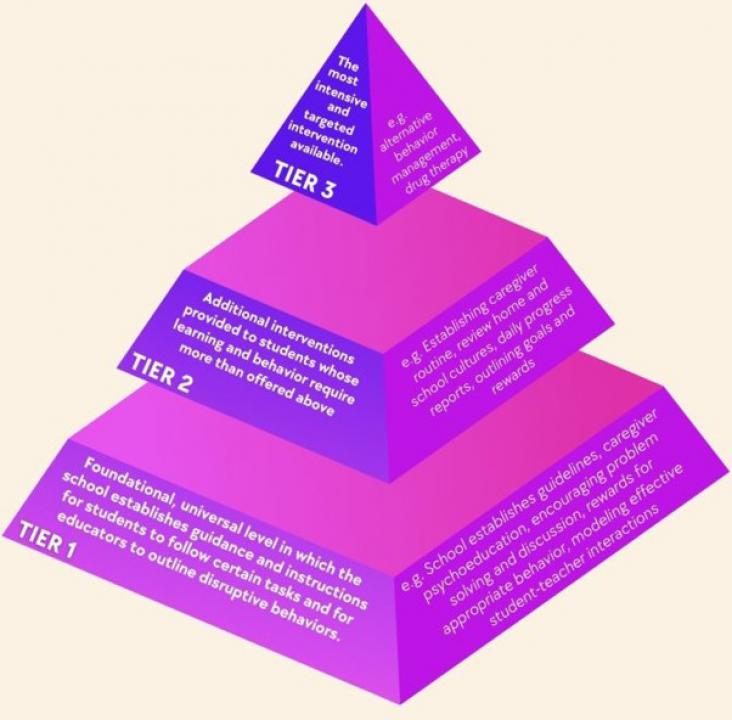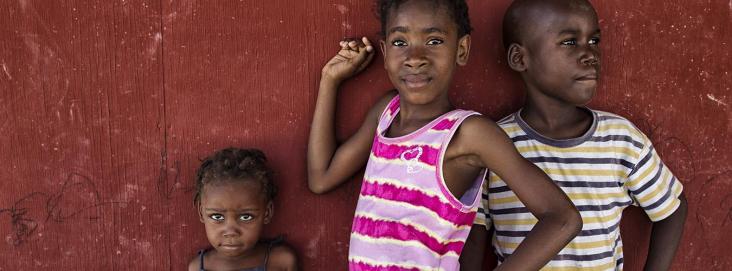Elsevier,
Translational Surgery
Handbook for Designing and Conducting Clinical and Translational Research
2023, Pages 591-597

The extensive history of abuse and ongoing mistreatment of Black Americans continues to foster apprehension and distrust of healthcare providers. This has resulted in substantial barriers for modern healthcare to appropriately address the needs of Black patients. These concerns have been visibly manifested during the COVID-19 pandemic. This article supports WHO SDG 3 Good Health and Wellbeing and SDG10 Reduced Inequalities.
Elsevier,
Multi-Hazard Vulnerability and Resilience Building: Cross Cutting Issues, 2023, Pages 127-143
This chapter advances the UN SDG goals 11 and 10 by developing a practical philosophy that elaborates elements from the Indigenous knowledge system for hybrid epistemologies from which actions can be developed for disaster risk reduction.
Elsevier,
Multi-Hazard Vulnerability and Resilience Building: Cross Cutting Issues, 2023, Pages 347-361
This chapter advances the UN SDG goals 11 and 10 by contextualizing how the integration of indigenous practice and scientific knowledge of DRR can support development organizations and policymakers in planning effective and practical activities to mitigate and manage disaster risk in indigenous communities. This conceptual article argues that indigenous knowledge can assist in becoming more aware of disaster risks, implementing a successful local disaster management plan, and conducting scientific research and training.
A roadmap for health care leaders to execute intrinsic agency toward equity, supporting SDGs 3 and 10.
There are undeniable historic and contemporary hardships faced by Indigenous Peoples regarding access to medical treatments, research opportunities, clinical trial participation, and careers. The goal of the PNOC/CBTN DEI working group is to bring such inequities to our pediatric neuro-oncology community and beyond and start to develop and collaborate towards solutions.
Digital health programs are urgently needed to accelerate the adoption of Artificial Intelligence and Clinical Decision Support Systems (AI-CDSS) in clinical settings. However, such programs are still lacking for undergraduate medical students, and new approaches are required to prepare them for the arrival of new and unknown technologies.
In the context of applying machine learning to solve problems for risk prediction, disease detection, and treatment evaluation, EHR pose many challenges– they do not have a consistent, standardized format across institutions particularly in US, can contain human errors and introduce collection biases. In addition, some institutions or geographic regions do not have access to the technology or financial resources necessary to implement EHR, thus resulting in vulnerable and disadvantaged communities not being electronically visible.
This Article supports SDGs 3 and 10 by evaluating home telemonitoring of women with complicated pregnancies, finding that it might be a safe alternative to hospital admission. If implemented, it is possible that this alternative could reduce costs and increase patient access to care and monitoring

The International Day for the Elimination of Racial Discrimination is observed annually on the day the police in Sharpeville, South Africa, opened fire and killed 69 people at a peaceful demonstration against apartheid "pass laws" in 1960. The UN General assembly created this day to signify the struggle to end the policy of apartheid in South Africa and call on the the international community to end all forms of racial discrimination.
This article aligns with the SDG goal 3 of Good health and wellbeing and SDG 10 Reduced inequalities by highlighting opportunities to leverage real data to better understand the outcomes of direct-acting antiviral treatment in smaller, discrete subgroups of HCV-infected patients that cannot be comprehensively evaluated in clinical trials.
